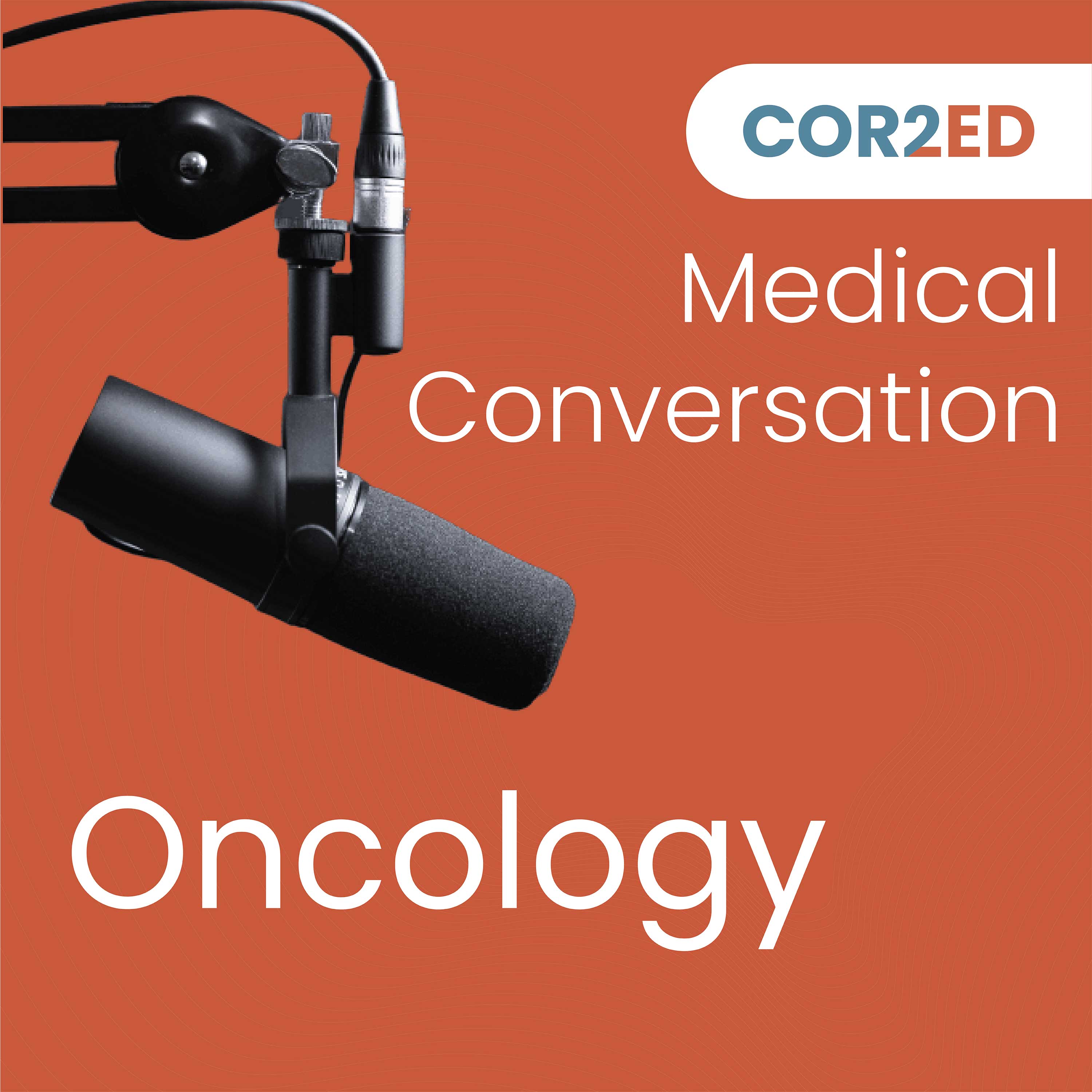This second GI CONNECT podcast episode, covers the highlights on gastroesophageal cancer from ESMO 2022. Dr Sam Klempner (Massachusetts General Hospital, Boston, USA) and Dr Yelena Janjigian (Memorial Sloan Kettering Cancer Center, New York, USA) discuss a number of key posters and oral presentations from the meeting and their implications for clinical practice.
The experts start by covering a number of first line studies. First of all, they discuss a study from Dr. Janjigian’s research group which investigated regorafenib with nivolumab and FOLFOX in HER2 negative oesophagastric cancer. They then discuss LEAP-015 which investigated first-line lenvatinib plus pembrolizumab plus chemotherapy in advanced/metastatic gastroesophageal adenocarcinoma (GEA). Dr. Klempner then covers one of his posters from ESMO 2022 on the DisTinGuish trial which looked at DKN-01 and tislelizumab plus chemotherapy as first-line investigational therapy in GEA. Later they discuss MOONLIGHT which investigated FOLFOX plus nivolumab and ipilimumab versus FOLFOX induction followed by nivolumab and ipilimumab in patients with previously untreated advanced or metastatic gastric or gastroesophageal junction (GEJ) adenocarcinoma. Later in the podcast, they cover a number of second line studies, including the PRODIGE 59 - DURIGAST trial which evaluated FOLFIRI plus durvalumab and FOLFIRI plus durvalumab plus tremelimumab in second line treatment of patients with advanced gastric or GEJ adenocarcinoma. Finally they discuss DESTINY-Gastric02 which followed on from DESTINY-Gastric01 in Asian patients and was undertaken to evaluate T-DXd in Western patients with HER2+ unresectable/metastatic gastric/GEJ cancer who progressed on or after trastuzumab-containing regimen.

In this HCC CONNECT podcast HCC Experts Prof. Matthias Pinter and Prof. Jeroen Dekervel, discuss and debate the clinical implications of new HCC Phase...

In this medical education podcast series, myeloma experts Dr. Karthik Ramasamy (Haematologist and Associate Professor of Haematology at the Oxford University Hospitals in London,...

Quais são os desafios mais comuns na fase pré-analítica na luta contra o câncer de próstata e como podemos superá-los? Qual a importância de...